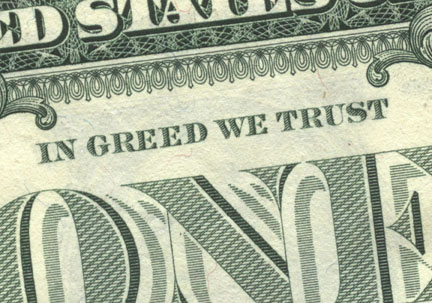Hunter: NBA lockout is possible
NEW YORK -- In response to NBA commissioner David Stern's assertion that the league lost $370 million last season, the head of the players' union claimed Wednesday that Stern's numbers are as much as $370 million off base.
Union director Billy Hunter made that statement in a telephone interview with ESPN.com, saying the commissioner's assertion of the severity of the owners' financial woes "just doesn't hold water."His comments illustrated the fundamental differences the sides are facing as they work to negotiate a new collective bargaining agreement to replace the one due to expire next June 30.
In a nutshell, the union feels the current system is working well for everyone, while the owners feel the labor agreement needs to be drastically overhauled to enable teams to operate profitably.
The sides have started negotiations toward a new agreement but remain far apart, creating fears of the first work stoppage since 1998-99.
"I'm preparing for a lockout right now and I haven't seen anything to change that notion. Hopefully I'll see something over the next several months," Hunter said. "As of this moment, it's full speed ahead for me in preparing the players for a worst-case scenario."
Hunter, who also spoke Wednesday to several other news organizations, said the players do not believe the owners' claim that they lost a combined $370 million last season -- a statement Stern reiterated in public comments Monday following an owners meeting in Las Vegas.
"There might not be any losses at all. It depends on what accounting procedure is used," Hunter said. "If you decide you don't count interest and depreciation, you already lop off 250 of the 370 million dollars, and everything else was predicated upon what they were projecting, which was a decline in attendance that didn't happen. Attendance was the second-highest ever."
But NBA deputy commissioner Adam Silver said expenses were up, too.
"Part of the problem with the existing system is it's based largely on revenue, not net revenue," Silver said Monday. "Although our actual revenue numbers were better than what we projected, it came at a large cost. Our teams did a spectacular job in a down economy of increasing ticket sales, but that came at the cost of additional promotions, additional marketing, additional staff."
In defending his position that the current system is working, Hunter said player salaries decreased 1 percent in 2009-10 after five consecutive years of growth, at a time when overall league revenues reached an all-time high.
"The projected losses of $400 million were based on revenue projections made last summer, and in fact revenues did not go down, they actually increased. So for them to say there has been no shift in the environment, it just doesn't hold water," Hunter said.
"We have little confidence in their projections, because obviously the league's performance demonstrated their projections were off. We had the best Finals in years, Game 7 had the highest TV rating in 12 years, the '09-10 BRI [basketball-related income] was the highest in NBA history, player salaries went down, and right now we're experiencing an all-time high in season-ticket sales coupled with the fact that the interest being demonstrated by the public is unprecedented.
"So I can't imagine at a time like this, when the league is sort of riding the crest of the wave, that there would be a desire on anyone's part to want to disrupt that," Hunter said. "What we should be doing is trying to come to some arrangement that both of us find to be mutually beneficial and acceptable."
Hunter was already wary of the league's projections after the NBA warned its teams last July that next season's salary cap could fall as low as $50.4 million. It was set last week at $58.0 million, even higher than this season's.
"Clearly it causes us some concern, causes us to question their numbers," Hunter said.
Hunter said the players will offer their interpretations of the league's finances at the next bargaining meeting. He said he hasn't heard anything from the league since the union submitted its proposal for a CBA earlier this month.
Stern said that proposal basically embraced the current system, but the league believes that changes are necessary and that the teams which spent freely during free agency did so because it was the only way they could win. Hunter disagrees, saying owners want a system where they can spend and "receive guaranteed profits unlike any other industry in America."
Stern also said the higher-than-expected cap didn't mean things were better than they were a year ago, but Hunter points to huge increases in season-ticket sales in New York, New Jersey, Chicago and Charlotte as proof otherwise.
The union is calling for expanded revenue sharing among teams, with Hunter noting that a group of small-market owners recommended it to Stern a couple of years ago. Stern has said it will come after the new agreement with the players, but Hunter said it should come as part of the deal.
"Revenue sharing has to be part of the process, has to be part of the total package," Hunter said.
Hunter thinks owners who lived through the 1998 lockout won't want to risk shutting the league down again, but he wonders if some newer owners might be willing to sit out for a year or two. Just in case, he's telling players to save their money and stay united.
Hunter hopes "cooler heads prevail" and it won't come to that point.
"This is a high time for the NBA, a time for celebration," Hunter said. "So we're going to do everything within our power -- I can't underscore that enough -- to try to reach an agreement."
Chris Sheridan is a senior NBA writer for ESPN.com. Information from The Associated Press was used in this report.

